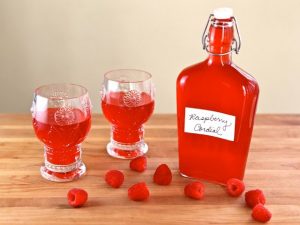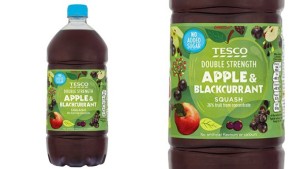I didn’t know what cordial was until I came to Australia, and started drinking it as manufactured, when it is supposed to be diluted about 4:1. I prefer fizzy water with the lime cordial.
 An outbreak of salmonellosis occurred following attendance at a school camp between 5 and 8 August 2014 in a remote area of the Northern Territory, Australia. We conducted a retrospective cohort study via telephone interviews, using a structured questionnaire that recorded symptoms and exposures to foods and activities during the camp. A case was anyone with laboratory confirmed Salmonella Saintpaul infection or a clinically compatible illness after attending the camp.
An outbreak of salmonellosis occurred following attendance at a school camp between 5 and 8 August 2014 in a remote area of the Northern Territory, Australia. We conducted a retrospective cohort study via telephone interviews, using a structured questionnaire that recorded symptoms and exposures to foods and activities during the camp. A case was anyone with laboratory confirmed Salmonella Saintpaul infection or a clinically compatible illness after attending the camp.
Environmental health officers from the Environmental Health Branch undertook an investigation and collected water and environmental samples. We interviewed 65 (97%) of the 67 people who attended the camp. There were 60 students and 7 adults. Of the 65 people interviewed, 30 became ill (attack rate 46%); all were students; and 4 had laboratory confirmed S. Saintpaul infection. The most commonly reported symptoms were diarrhoea (100% 30/30), abdominal pain (93% 28/30), nausea (93% 28/30) and fever (70% 21/30). Thirteen people sought medical attention but none required hospitalisation. Illness was significantly associated with drinking cordial at lunch on 7 August (RR 3.8, 95% CI 1.3-11, P < 0.01), as well as drinking cordial at lunch on 8 August (RR 2.1, 95% CI 1.1-4.2, P=0.01). Salmonella spp. was not detected in water samples or wallaby faeces collected from the camp ground.
The epidemiological investigation suggests the outbreak was caused by environmental contamination of food or drink and could have occurred during ice preparation or storage, preparation of the cordial or from inadequate sanitising of the cooler from which the cordial was served. This outbreak highlights the risks of food or drink contamination with environmental Salmonella. Those preparing food and drink in campground settings should be vigilant with cleaning, handwashing and disinfection to prevent outbreaks of foodborne disease.
An outbreak of Salmonella Saintpaul gastroenteritis after attending a school camp in the Northern Territory, Australia
Commun Dis Intell Q Rep 2017 Mar 31;41(1):E10-E15. Epub 2017 Mar 31. Anthony Dk Draper, Claire N Morton, Joshua Ni Heath, Justin A Lim

